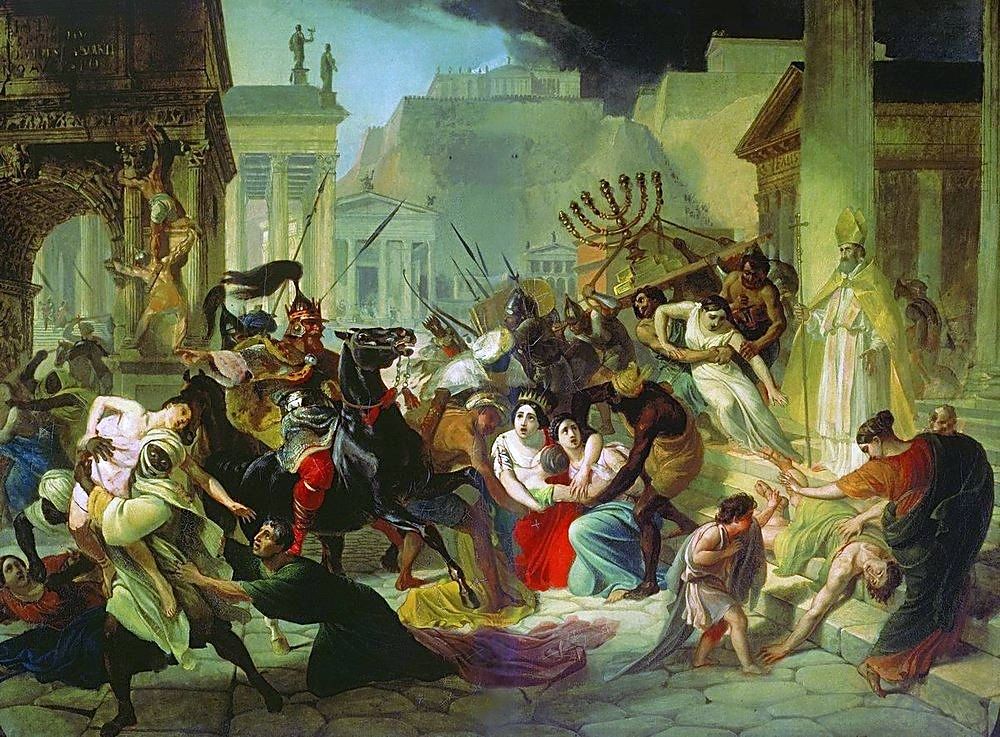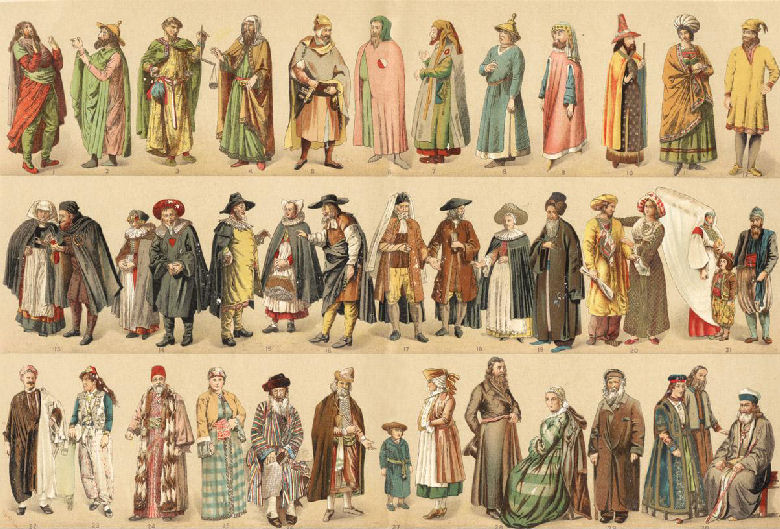Monthly Archives: April 2014
341.WHEN WERE TAXES FIRST STARTED?
There is an expression that “death and taxes are always with us.” In one way or another, people have been paying taxes since very ancient times. But there is a big difference between the taxes of ancient times and the taxes we pay today.
In ancient times people paid a tax on things they consumed, and they had to pay a tax, or duty, on imported articles. These taxes were levied by the rulers on the people, and were usually as high as they could possibly bear. It was the duty of the underprivileged classes— slaves, vassals, peasants, colonists, and conquered peoples — to support the ruling class.
340.WHEN DID INSURANCE BEGIN?
Insurance is protection against financial loss. In order to protect his future, a person may join a group in which each member pays a certain sum of money regularly with the guarantee that the group will pay any loss suffered by any member. This is known as a mutual company. Or, he may pay an organized commercial company which carries a large amount of capital to take the responsibility of any loss that he suffers.
There are many, many kinds of insurance in effect today and we won’t attempt to describe them all. A partial list includes life, fire, health, accident, automobile, title, liability, burglary, and even crop, rain, and earthquake insurance.
339.WHAT WERE THE MIDDLE AGES?
The story of mankind has been divided by historians into three great sections—ancient times, the Middle Ages, and modern times. The Middle Ages span the time between the fall of Rome and the beginning of modern times in the fifteenth century.
Of course, when you consider such a great period of time, it’s difficult to give exact dates for the beginning and for the end. One age merges gradually into the next. But the date most commonly used as the beginning of the Middle Ages is A.D.476, when the last of the Roman emperors was dethroned. Its end is usually marked at 1453, when Constantinople, the capital of the Eastern Empire, fell to the Turks.




